The must-pass omnibus spending bill has passed. Included in this bill is language that would require synthetic nicotine products to receive FDA approval before being sold. If this synthetic nicotine language is not removed before the final Senate vote (which could be today), it will become law.
Synthetic nicotine has been targeted under the guise of reducing the amount of illegal vape products circulating the market, but this pseudo-ban will do much more harm than good for vapers.
In addition to the denial of many tobacco-derived products through the FDA’s premarket tobacco product application (PMTA) process, this bill would further restrict the number of products small business owners are allowed to sell.
If you’re unfamiliar with synthetic nicotine, it has been a sort of loophole for small manufacturers to continue production of their vaping inventory without FDA approval.
Synthetic nicotine is simply any product that contains nicotine that was produced in a lab setting, rather than derived from a tobacco leaf. The issue with regulating synthetic nicotine comes down to the wording in Section 101 of the Family Smoking Prevention and Tobacco Control Act. It currently states:
“The term ‘tobacco product’ means any product made or derived from tobacco that is intended for human consumption, including any component, part, or accessory of a tobacco product (except for raw materials other than tobacco used in manufacturing a component, part, or accessory of a tobacco product).”
While e-juice does not contain any tobacco, the nicotine within it is typically tobacco-derived. This is where synthetic nicotine comes in.
Ongoing debates typically consider synthetic nicotine to be either a drug or a tobacco product, each requiring their own respective regulatory process. Amidst this uncertainty, synthetic nicotine has been a way for manufacturers to produce nicotine products that are essentially exempt from FDA scrutiny.
The result of this loophole being closed will see many small businesses shutting down, despite them currently operating well within the law. Alternatively, larger companies do not rely on this loophole for their products. This means a potentially huge advantage for larger companies to overtake the market, essentially creating a pseudo-monopoly without the competition from smaller businesses.
E-cigarette giant Juul itself has been particularly open to the idea of removing any competition operating in this manner, whilst seemingly under the guise of harm reduction through limiting illicit vaping products. “To preserve the harm reduction opportunity for adult smokers, Juul Labs supports a fully regulated, science-based marketplace,” as stated by a Juul spokesperson in an interview with Filter. “Illegally marketed and illicit products and products designed to evade federal and state oversight undermine harm reduction and a responsible e-vapor category.”
Pro-Vaping Community Pushback
Those who are in favor of keeping this loophole open have noted the drastic consequences that would arise from the passing of these bills. The American Vape Association (AVA) has noted this to be a misguided attempt to allow large manufacturers to maintain control over the market. Gregory Conley, president of AVA said the following, “The elected officials sponsoring these bills may be under the mistaken impression that their proposals are only targeted at illicit and counterfeit dealers. The reality is that these bills would shut down licensed small businesses that are operating in full compliance with federal, state, and local laws.”
They went on to state that despite the intention to regulate vaping products, the result could see the rise of illegal products being distributed despite the regulation.
The Effects of a Synthetic Nicotine Ban
The benefits of synthetic nicotine in harm reduction are the same as that of traditional tobacco derived nicotine products. By bypassing the PMTA process, small business owners have created an incredible array of products available for consumers, such as wide ranges of flavored e-liquids. This variety is a hugely attractive proposition for tobacco harm reduction as it can help draw adults away from their smoking habits. However, this variety in flavored e-liquids has been targeted by regulators to be a cause for teenage vaping.
As mentioned, Juul Labs are firmly behind the move to ban synthetic nicotine in these states. The move of banning synthetic nicotine to allow tobacco giants taking more control over a local market is not a new one. In 2021, Alabama passed a new law to prevent the sales of all synthetic nicotine products without FDA approval. This move was backed by Altria, a Fortune 200 company and tobacco giant.
This offers the potential to see all once-compliant synthetic nicotine being blacklisted across the country, which would have massive consequences for any small business owner. Not only would business owners be affected, though. Consumers would have to potentially face higher prices from tightly controlled markets, as only big tobacco companies like Juul would be able to sell. This ban would also lead to the huge variety of products available rapidly diminishing, along with a majority of the appeal of vaping for many attempting to quit smoking altogether.
In Summary
While the idea of regulation to protect the health of consumers is not a bad one, the harsh implication of this proposed ban will quickly see the closure of many businesses that are currently relying on one of the small loopholes they have been able to take advantage of. In many cases, these businesses are simply doing what they can to avoid the unscrupulous PMTA approval process, not acting with illegal intentions.
With these regulations having demonstrated ties to tobacco giants such as Juul Labs and Altria, the future of synthetic nicotine, small vaping businesses, and the appeal of vaping is definitely in question.


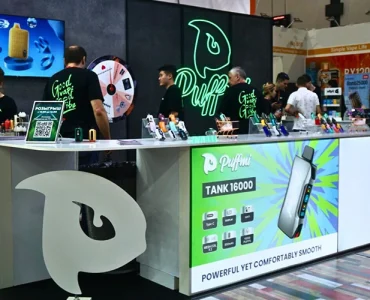

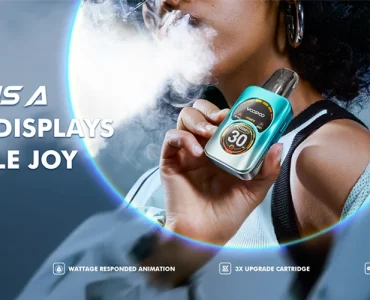
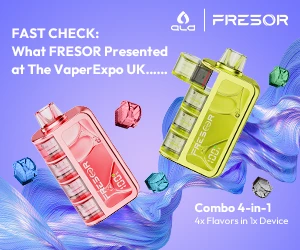
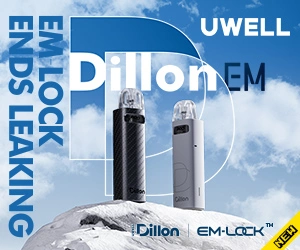

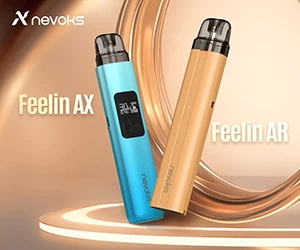
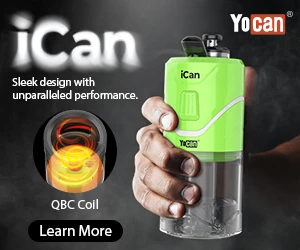
Add comment